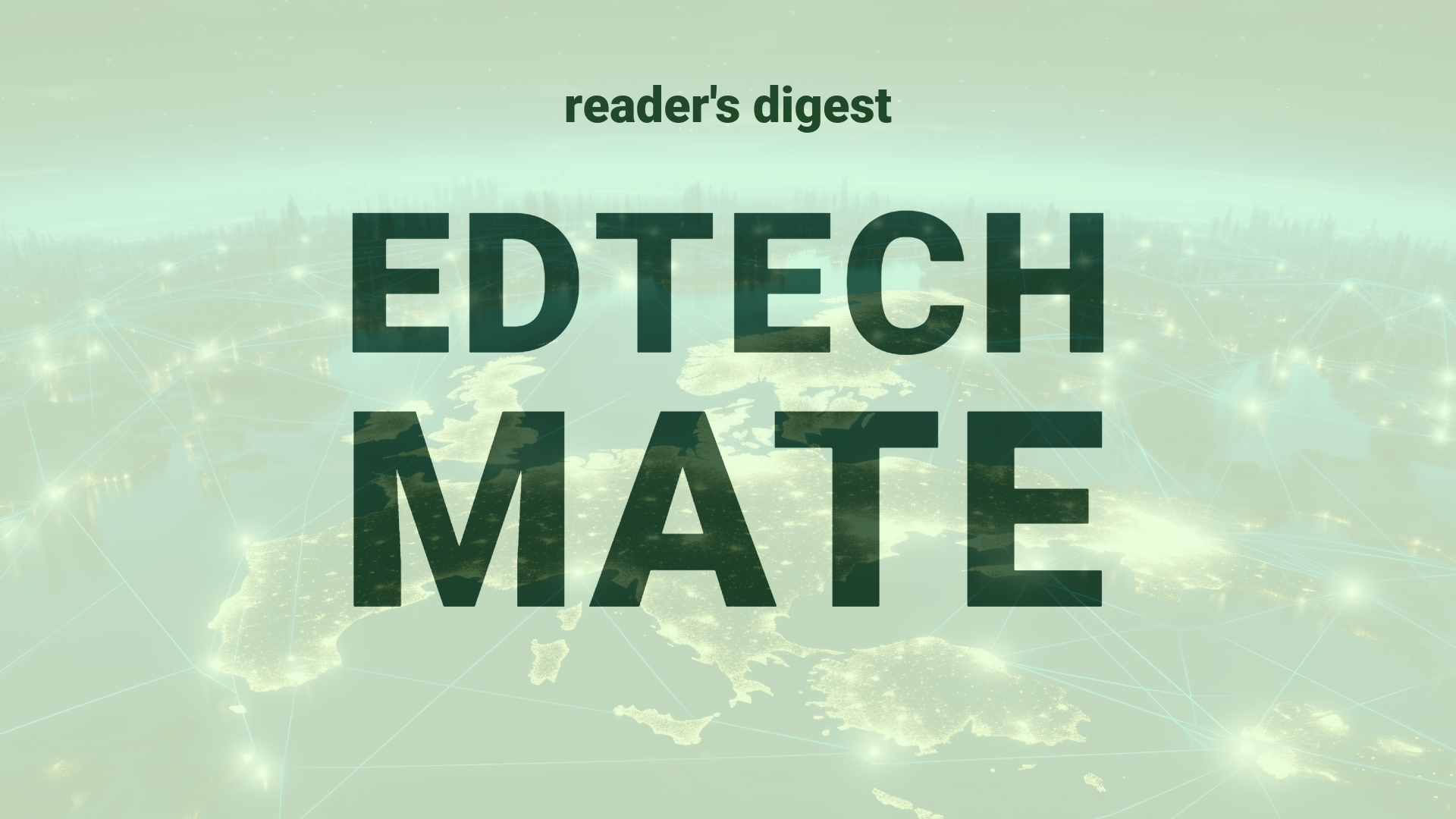Executive Summary and Main Points
The consumer goods industry, particularly consumer packaged goods (CPGs), has experienced a noticeable stagnation in top-line growth over the last decade, marked by shifts such as the reduction in population growth rates, consolidation of grocers, fragmentation in consumer preferences, and the impact of recent global phenomena, including the COVID-19 pandemic and inflation. As a result, CPGs have relied on reducing costs to sustain earnings growth in the face of slowing sales. To reinvigorate investor confidence and secure sustainable performance, the industry must pivot through a dual-change agenda focusing on portfolio management (Agenda 1) and performance optimization (Agenda 2) which includes strategic mergers, acquisitions, and divestitures (M&D&A), commercial capability enhancement, productivity improvement through advanced technology automation, and entry into new business territories.
Potential Impact in the Education Sector
The insights and strategic approaches in the consumer goods industry can be extrapolated to the education sector. Further Education and Higher Education institutions could benefit from a similar dual-change agenda that prioritizes strategic partnerships and digitalization. This includes investing in growth areas such as online learning platforms, leveraging artificial intelligence for personalized learning experiences, and exploring globally dispersed market opportunities. In the realm of Micro-credentials, innovative portfolio management could involve the creation and promotion of certificate programs that are responsive to evolving industry needs, thereby enhancing employability and lifelong learning. Additionally, performance can be amplified through administrative automation and the embedding of data-driven decision-making processes which could lead to reduced overhead costs and increased outreach efficiency.
Potential Applicability in the Education Sector
Education systems worldwide can apply these strategies by adopting AI and other digital tools to optimize functions ranging from admissions to curriculum delivery. AI could support personalized learning pathways, predictive analytics for student success, and efficient management of resources. Digital transformation in education is also crucial, potentially revolutionizing the way institutions interact with students, deliver course content, and reassess pedagogical models, influenced by the globalization of education and the rise of MOOCs (Massive Open Online Courses) and e-learning platforms. Such technologies will enable educational institutions to broaden their reach and adapt to the emerging needs of a global student population.
Criticism and Potential Shortfalls
A critical analysis of such transformational approaches in the education sector reveals potential shortcomings. Real-world examples, such as the variable success rates of e-learning in different socio-economic contexts, underscore the importance of considering diverse student needs and accessibility issues. Furthermore, international comparative case studies highlight disparities in technological adoption rates and the capacity for digital transformation. Ethical and cultural implications, including student data privacy concerns and the risk of widening the digital divide, must be carefully addressed to ensure equitable and effective education technology deployment.
Actionable Recommendations
To effectively implement these technologies in current or future projects, it is recommended that educational leaders strategically evaluate and adopt digital tools that support their institutional goals. Recommendations include instituting pilot programs for AI in student services, exploring partnerships with technology firms for digital infrastructure development, investing in professional development for faculty in digital pedagogies, and continuously analyzing the efficiency and impact of digital transitions. Strategic insights for international education leadership also advocate for collaboration with governmental and non-governmental organizations to ensure ethical practices and support for under-resourced institutions during digital upscaling endeavors.
Source article: https://www.mckinsey.com/industries/consumer-packaged-goods/our-insights/rescuing-the-decade-a-dual-agenda-for-the-consumer-goods-industry

